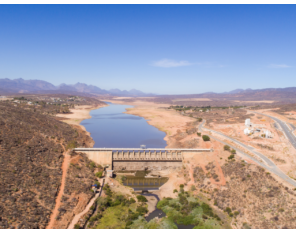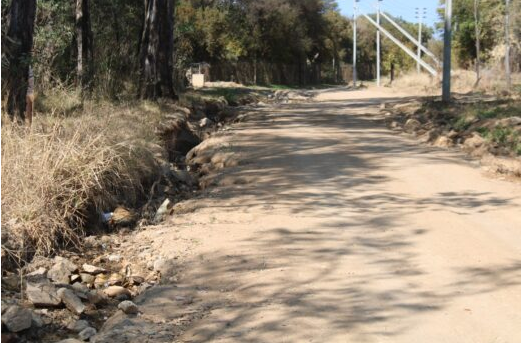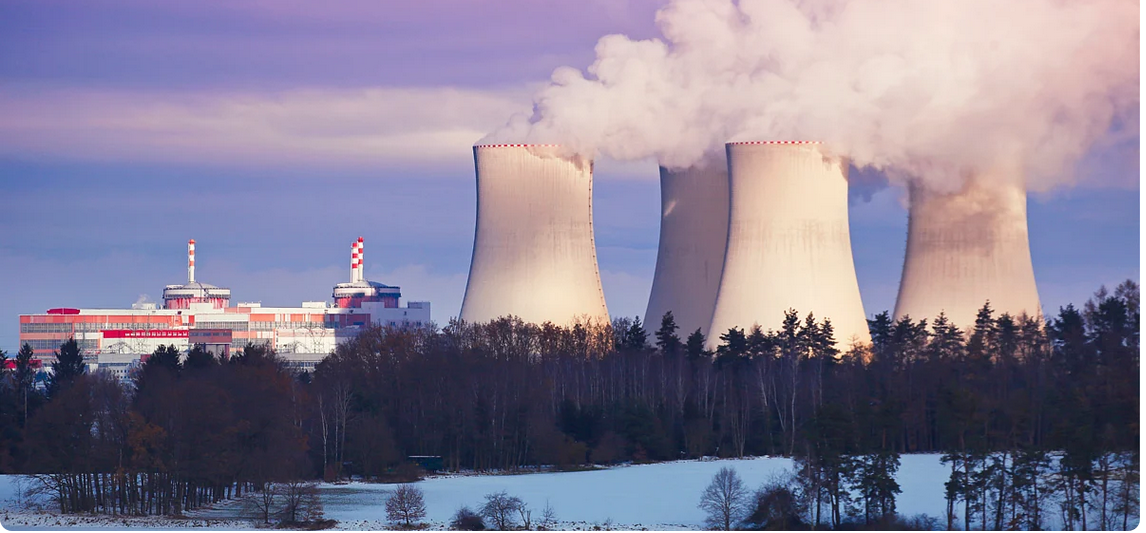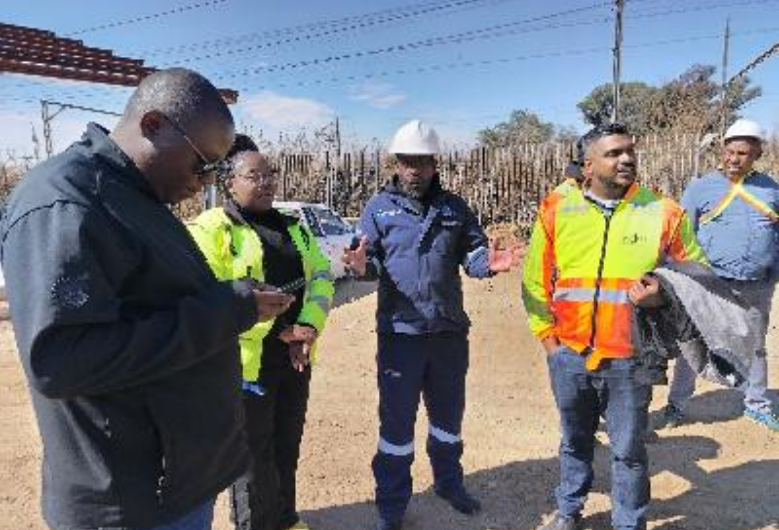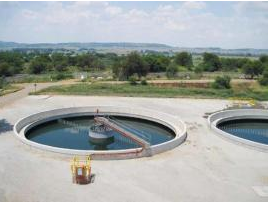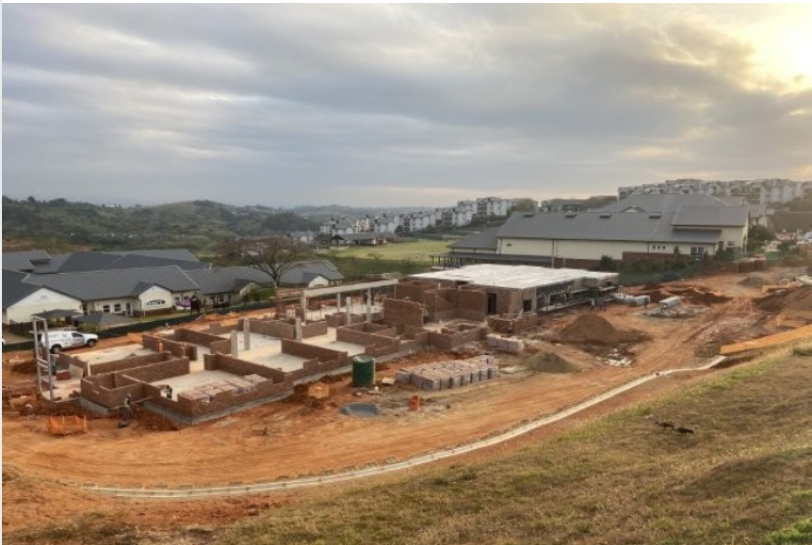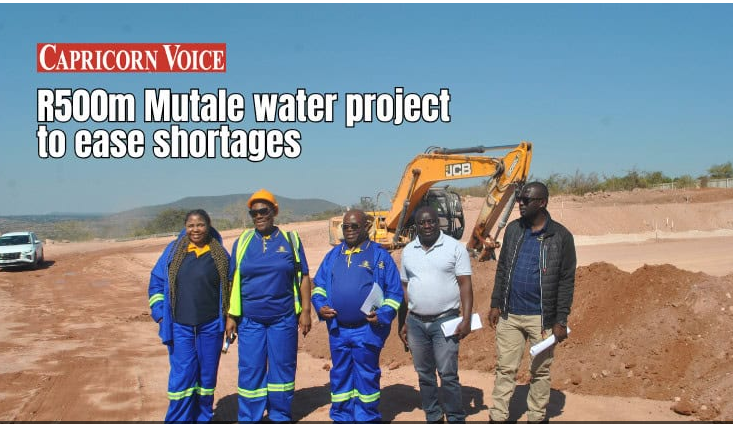DBSA to increase infrastructure delivery support to municipalities

Advertising
21-08-2020
Read : 365 times
Moneyweb
Source
The Development Bank of Southern Africa (DBSA), which last month provided a R3 billion loan to the City of Johannesburg (CoJ) and R1.5 billion to City of Tshwane (CoT) to support infrastructure development in these metros, plans to increase the infrastructure delivery support it provides to municipalities.
The disbursements to the CoJ and CoT supplement the government’s massive infrastructure expenditure programme to stimulate the economy post Covid-19, with the first 50 out of 276 strategic infrastructure projects (SIPs) worth R360 billion.
DBSA Group Executive: Client Coverage Mohan Vivekanandan said the bank already provides lending support to eight metros and 87 of the more than 250 municipalities in South Africa, with the municipal sector accounting for 29% of the DBSA’s about R90 billion loan book.
Vivekanandan said this week the DBSA is also providing non-funding support and technical assistance services on a grant basis to municipalities it may not lend money to because they might not be in a financial position to borrow and the DBSA did not want to engage in any reckless lending.
This includes technical assistance with project preparation and master plans for water, sanitation, electricity, roads and stormwater projects as well as for other infrastructure investments, which still helps these municipalities to access funds to deliver infrastructure, he said.
Vivekanandan said this assistance is important because many of the most poorly-run municipalities are most urgently in need of investment in infrastructure; the capacity-building and training provided by the DBSA ensures these municipalities are better equipped to handle service delivery to their communities.
The Auditor-General reported in July 2020 that only 20 of the 257 municipalities achieved clean audits in the 2018/2019 financial year, 33 got disclaimers and the audit outcomes of 76 municipalities regressed in the past three years, with only 31 improving.
In addition, 91% of the municipalities did not comply with legislation and irregular expenditure increased to R32.06 billion from the R25.2 billion reported in the previous year.
Vivekanandan said the DBSA is also working with the provincial Department of Cooperative Governance and Traditional Affairs and has established a provincial project management unit to help coordinate some of the technical services and support “so there is a level of oversight” at municipalities.
He said 5% to 10% of the capital cost of a project can easily be spent on doing the technical feasibility, environmental and legal studies and, in many instances, smaller municipalities may not have this money.
“With the DBSA providing them with that support, it allows them to get access to the municipal infrastructure grants provided by National Treasury.
“But to get those infrastructure grants, you have to go to National Treasury with a very credible plan and good quality projects.
“If you don’t have the capacity to develop that plan and do that project preparation work, you won’t be able to access that municipal infrastructure grant. This is one of the reasons why municipalities underspend on the infrastructure grants that are provided to them,” he said.
Vivekanandan said the DBSA definitely looks at issues such as good governance and clean audits at its municipal clients and state-owned entities, including the income statements, balance sheets and cash flows of these clients, because this was what will enable them to repay loans.
He said the DBSA did not have any significant problems with its municipal clients, adding its non performing loans as a percentage of the DBSA’s total municipal loan book is low.
Vivekanandan declined to provide more specific comment on this issue because the DBSA will be releasing its financial results next month, but stressed that infrastructure as an asset class generally tends to have lower non-performing loans ratios than other asset classes, such as mining or manufacturing.
“In that sense, it’s generally a better and safer sector that we are participating in and we’re funding real assets.
“It’s about having a balance and maintaining a low and prudent level of non performing loans. But as a development bank you are supporting loans with longer tenures, possibly with greater levels of risk, and some of the commercial banks aren’t in that space.”
However, Vivekanandan stressed the DBSA did not want to measure its impact simply in terms of its lending.
The DBSA is involved in a lot of different programmes that help to unlock infrastructure, he said. This week it signed a Memorandum of Agreement to manage the Infrastructure Fund on behalf of National Treasury and the Presidency.
The Infrastructure Fund has R100 billion of blended finance from the public and private sector for infrastructure projects.
Vivekanandan said development banks, not only in South Africa but globally, have in the past five years been trying to move towards acting as a catalyst to unlock projects and make them bankable rather than just providing money directly for infrastructure.
He said the DBSA, for instance, set up and supported a project management office for Independent Power Producers (IPPs) and has been working with the state-owned Trans-Caledon Tunnel Authority (TCTA) on the preparation of a few of the TCTA’s projects to get them to the “bankable feasibility stage”.
“In many ways, that is something the commercial market is generally not willing to do because of the high level of risk involved. But once you get a project to bankability [stage]… the banks and institutional investors will put their own money in there. It’s getting it to that stage that is really crucial,” he said.
Vivekanandan said the Independent Power Producer (IPP) programme is a perfect example of this.
More than R200 billion of capital expenditure has gone into the IPP sector in the last 10 years and 90% plus of this investment is from the private sector, including significant amounts from equity investors from overseas, he said.
Construction market intelligence firm Industry Insight described the R4.5 billion in loans granted by the DBSA for infrastructure in Johannesburg and Tshwane as “encouraging news”.
However, Industry Insight it came as major multi-billion rand capital programmes with the private sector are being reconsidered, including R5 billion by South African Breweries, while Heineken announced it will be shutting down operations in South Africa and cancelling the R6 billion production facility that was to be developed near the Dube Trade Port.
“The net effect thus remains negative, as the DBSA’s R4.5 billion pales by comparison to the already R11 billion lost in planned private sector investment,” it said.
Recent News
Here are recent news articles from the Building and Construction Industry.
Have you signed up for your free copy yet?
